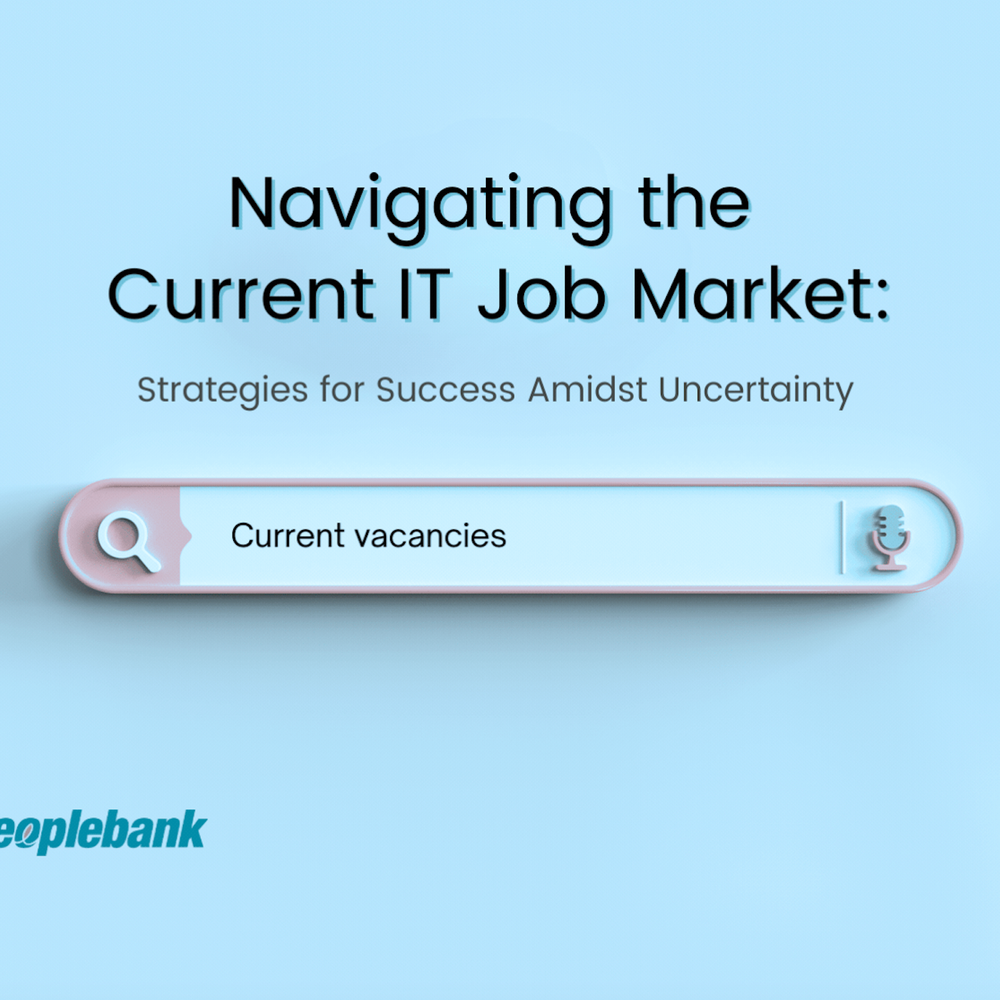Why Software Developer Pay is Skyrocketing
In short, it’s a simple supply and demand issue, driven by a global shortage of software developers.
This surge in demand for developers has one major issue: there are just not enough out there.
Looking at the current market, I see four positive plays by organisations:
- Investing in retaining their great developers. They know good software comes from stable, cohesive teams. This investment comes through proactive pay increases; share and equity offers; work from home flexibility as standard, to effectively improve work/life balance; and a new sensitivity by employers to understand specific needs of their people to increase job satisfaction and retention. To get this right, companies need to have heightened EQ and have great relationships and communication in place with their techo’s - a fair definition of good tech company culture. This is being executed best by hyper-growth Australian start-ups and scale-ups who hire software developers constantly: think Canva, SafetyCulture and Atlassian.
- Using skilled recruiters. Whether you use internal recruitment teams which have become more skilled and better paid, or specialist recruitment agencies, this is critical in identifying the right talent. But this isn’t the full solution to the problem of a skills shortage. However, investing in, and partnering with, capable internal and external recruiters gives companies the upper hand in hiring great talent.
- Improved hiring processes. Companies are competing better in the interviewing and hiring process, through fewer steps, less time between steps and faster decision-making. The hard truth is, if employers can’t recognise what they’re looking for when they see it, then they need to better understand what it is they are looking for. To be competitive in securing talent, current best practice is interview-to-offer in under a week.
- Growing their own talent. In recent years, slow-changing universities haven’t been able to adapt to the needs of the fast-growing IT industry. Making this situation even worse, a lack of international student enrolment since Covid means there is even less talent out there. The industry has realised it must take ownership by developing its own talent. We are therefore seeing an increase in cadet programs, both internally-run and, increasingly, outsourced through IT recruitment companies, who attract bright young talent to be trained in business and IT, and as the next wave of home-grown software developers.













